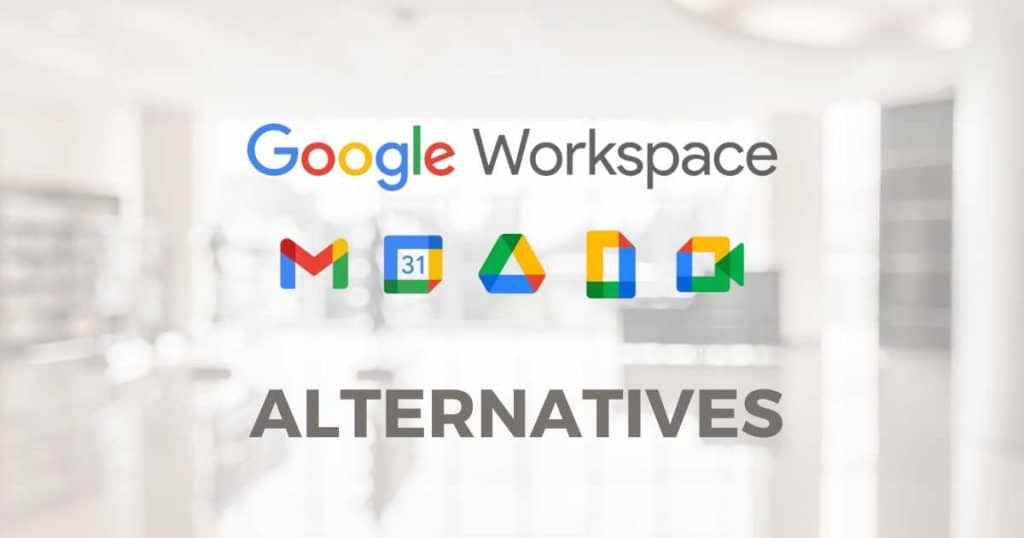[ad_1]
On the internet Courses (New cell phone, who’s this?)
Prior to the pandemic, on the internet courses were most normally considered as “less than”…lacking in seem pedagogy and devoid of measurable and pedigreed results. The subpar offerings of for-earnings online establishments have been routinely referred to as diploma-mills. But a great deal as functioning from home has gained extensive-spread acceptance, on the net mastering has loved a key rethinking.
Latest analysis displays a massive shift in the notion of on the internet college or university classes. A recent survey identified 73% of college student respondents reported the COVID-19 pandemic produced them much far more probable (52%) or to some degree more probably (21%) to contemplate on line programs. When substantially of the debate about on the web finding out has focused on what has been lost without the on-campus experience—and the effect has certainly been significant—educators and institutions have found that deliberately designed on the internet finding out can achieve concentrations of engagement that are on par with in-person programs, and significantly exceeds that of extremely big lecture-corridor model courses.
And when not all classes and systems lend themselves to entirely on the web learning, student anticipations for technological know-how in the classroom have essentially altered. Blended or hybrid mastering is the new norm. Blended learning brings together face-to-experience instructing and online instruction. It is supported by a technological know-how framework that assists teachers organize class articles, conversation and widespread workflows. Perhaps most importantly, it builds on the strengths of the two approaches, presenting the overall flexibility of distant discovering with the engagement of deal with-to-experience interactions.
Now as we build a blueprint for the “new normal” of several critical functions like school, adopting a regular tactic to technological innovation-increased mastering throughout the complete school or college is essential to addressing the subsequent wave of challenges facing training.
Lifelong Understanding – it’s the journey, not the spot
Substantially has been built about the recent drop in undergraduate enrollment in faculties and Universities across North The us. The pandemic accelerated a trend which is been heading on for above a 10 years, exacerbated by the pupil financial debt crisis and fueled by skepticism in the very long-term benefit of a degree. Many students began searching for alternate paths to significant paying out work opportunities, and in some cases businesses like Google are actively looking to circumvent the common school diploma software.
Having said that, amidst the uncertainty some vibrant spots have emerged it’s created options to support learners in new and evolving means. For example, there is now a surge in desire to upskill and reskill adult learners. Given that 2020, quite a few have made the decision, or been forced to make your mind up, to modify vocation paths, and doing so generally does not necessitate getting a regular two- or 4-12 months diploma. For numerous, these types of applications are simply just also source- or time-intense.
In accordance to Instructure’s 2021 State of College student Results and Engagement in Larger Schooling competencies-centered finding out emerged as a precedence given that COVID-19 began. 70% of respondents say that possessing definable abilities is more vital than training course titles or a degree.
Furthermore, as the work of the Stanford Middle on Longevity details out, as the normal lifespans of People nears the 100 12 months mark and the expense of residing continues to maximize, additional and far more older people will forgo retirement, returning to work or launching an “encore career” or compact company. All of this will need a rethinking of how we guidance grownup and non-standard learners as they merge and exit, and reenter our better schooling technique.
Schools and universities have responded by making new avenues for adult learners to cultivate the career and lifetime skills essential to shift their job paths. We’re seeing an emergence of non-diploma plans —certificates, capabilities credentials, bootcamps and additional. What is apparent is that blended discovering will be a vital ingredient. That is since that technology underpinning equips college with the applications and assistance they require to help an at any time-transforming landscape. Blended programs can conveniently be adapted to new modalities to serve unique varieties of learners.
The entire world is changing faster than ever in advance of
Educational instruction methods applied even just two several years in the past are previously out-of-date. So, it is never ever been a lot more vital to meet learners where by they are, on the internet and on their telephones, and lay the groundwork for emerging systems.
A 2017 examine by ECAR revealed that 99% of U.S. undergraduate pupils personal a smartphone. That is significant because traditionally we experienced from a absence of consciousness of just how ubiquitous the use of smartphones are in the course of our population, specifically with directors at colleges and universities who serve decrease revenue and working scholar populations. But as computer system labs on campuses across the globe shut down and a lot of learners struggled to access laptop computer or desktop personal computers, the similar learners pretty much universally had obtain to a product able of accessing their courses ideal in their pockets.
It may possibly seem very simple, but by acknowledging the ubiquity of cellular units and embracing them (not as a distraction but as a most important manner of connecting with learners) schools and universities can start off to improve the use of extra emerging technologies. Shifting to look at the area for studying outside of the physical classroom, past the browser window, and into the hands of learners, wherever they are, opens the doorway to inclusion of technologies like augmented actuality, digital truth, and at some point, entire immersion in the metaverse.
Arizona Condition College (ASU) not long ago introduced Dreamscape Study, a partnership with a main virtual fact enterprise to produce “the emotional power of the greatest Hollywood storytelling…to produce completely immersive VR understanding.” And nevertheless we have noticed the failure of past forays into VR by educational institutions, the commitment remaining created by ASU may properly be a bellwether of what’s to appear.
So even though we may perhaps be a handful of a long time from plugging into the Matrix, what is turning into obvious is that to survive and prosper in the coming decades, faculties and universities will have to have to concentration on creating an on the web knowledge as persuasive as their on-campus encounter.
[ad_2]
Supply hyperlink







